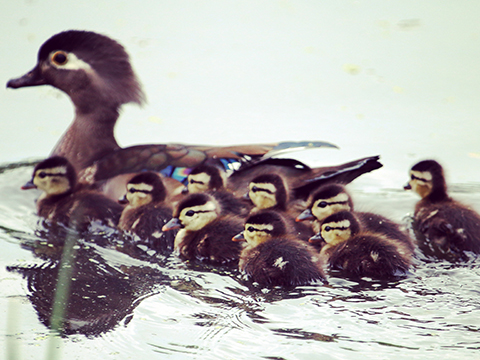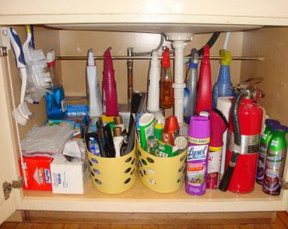By Laura Kelm
Over the last few years, GSWA has encountered some questionable activities occurring in and near streams in the Great Swamp Watershed. When appropriate, we have involved NJDEP, who can issue a notice of violation to the property owner or other violator, and then follows up to ensure that any violations are corrected.
The activities noted below as either allowed or not allowed in a freshwater wetlands are meant as guidance so that you know the basics of what you can and can’t do. View the full text of the New Jersey Administrative Code regarding wetlands and wetland transition areas here.
The following activities are not allowed in a freshwater wetland or freshwater wetland transition area (buffer) without a permit from NJDEP:
- Removing, excavating, grading, or disturbing soil
- Dredging or grading a stream bank
- Filling or dumping with any material
- Erecting any structures, including in a stream
- Destroying or removing vegetation, including by use of motorized vehicles
- Drainage or disturbance of the water table
- Paving
- Exceptions to the above are noted below in the next section
These activities are allowed in a wetland and transition zone without a permit:
- Selective tree cutting/pruning of a tree that is diseased, dead, or poses a leaning threat to life or property
- Placing a temporary structure for observing, managing, or harvesting fish or other wildlife, as long as the structure does not have a permanent foundation and is less than 32 square feet. (These structures can include things like observation blinds, artificial nesting structures, or sign posts.)
- Normal property maintenance, including mowing an existing lawn, pruning trees and shrubs, maintaining fields, selective tree cutting, or cultivating a garden
- Constructing a new garden or landscaped area that is less than 2,500 square feet, as long as it is located within an existing lawn area
- Construction of a shed, fence, or similar temporary structure without cement footings that is 150 square feet or less
- Repair, maintenance, replacement, or reconstruction of lawfully existing structures such as a house, driveway, garage, lawn, or yard area are allowed as long as there is no net enlargement of the structure.
- Agricultural activities that take place on an established farm or ranch that comply with specific limitations. Limits are set regarding farm roads and stream crossings, irrigation construction and maintenance, farm pond construction and maintenance, and forestry activities approved by the State Forestry office.
When you’re out and about, should you spot any of the activities that aren’t allowed, you can always contact GSWA (973-538-3500) or NJDEP (1-877-WARN-DEP) and we will take action as needed.


Where do i report someone in aynor sc filling in swamp with debri?
You can call the New Jersey Department of Environmental Protection (NJDEP) toll-free telephone hotline number to report environmental incidents, abuses, and complaints in New Jersey or impacting it. Call toll-free at 1-877-WARN-DEP (1-877-927-6337).
You can also send the information to info@greatswamp.org and we will review it. We can keep the information source anonymous.
Im in south carolinA. How do i report here?
You can report an Environmental Concern in South Carolina by going to scdhec.gov/about-dhec/contact-us/report-it/report-environmental-concern